This trimester, I started reading a book called “Girlhood in the Borderlands,” a research study about the effects of immigration on Mexican teenage girls living in transitional homes, as well as a deeper look into the reasons why these families need to migrate.
In the chapter, “The Why of Transnational Familial Formations,” something caught my eye. The book says that, according to researcher Pierrette Hondagneu-Sotelo, Salvadoran women who migrated to the U.S. are not celebrated like men are. Instead of their immigration being viewed as a way to provide a better life for their family, they are viewed like they’re abandoning their children.
My mother, Rutilia Ramirez, came to the United States in the 1990s, looking to support my oldest brother who was 3 and my older sister who was just 2. My siblings lived with my grandma in Yetla de Juarez, Oaxaca, México, where both my parents are from. My mother’s plan wasn’t to permanently stay in the U.S. but after traveling back to Mexico, she realized her family still treated her like a kid, and she missed the independence she had experienced in the states.
Although my mom moved when she was in her early thirties, my dad Juan Ortiz came to Houston when he was just 15, like many family members had taken for generations before him. My great grandpa started this tradition when he first came to the U.S. on a contract to work in fields in California. Soon afterwards, his son, my grandpa, also moved to the U.S. and then my dad was next in line.
My grandpa was one of many men who would bring people back and forth from Mexico to the U.S. on contracts to work in the fields.
When my dad first came, he was enrolled into a high school in Houston, Texas. However, shortly after, he dropped out, as he had nobody to support him. He did go back to Mexico twice but ultimately chose to stay in the U.S. On his second trip back, he met my mom. They both moved to Michigan, where most of my mom’s family lives and had two kids: my older brother Adán Ortiz and me, Venelope Ortiz.
When I was a young kid, my dad would be the one taking care of us during the day. He was a pallet (straw mattress) maker, while my mom was working at a nursing home as a cleaner from 6:00 a.m. to 3:00 p.m.
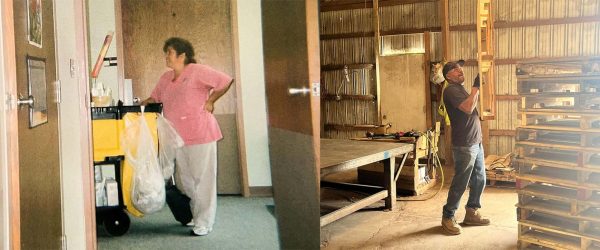
(Credit: Venelope Ortiz)
The smell of wood splinters from playing with wood scraps and the loud sounds of cumbia sonidera (Mexican music) are all a big part of my childhood. I have never felt shame in what my parents did for a living. Even now, I work with my mom at a cleaning company, and I couldn’t count the number of times somebody mentions how it’s a stereotypical job for Latino people.
When my dad asks me if picking me up in his old pickup truck filled with pallets is embarrassing for me, it truly breaks me every time. It makes me wonder what people have done and said to make them feel like this about their work.
All the time, I heard stories of why my dad refuses to go out with us: he does not like the feeling of being one of the only people of color in the room, one of the only Mexicans. Out of all the stories he has told us growing up, something that rarely comes up is all the acts of racism toward him.
The same goes for the rest of my family: my mom, brothers and sister. It’s never been a topic they wanted to tell me about, and who can blame them? These remarks are something that any parent would want to protect their children from. They hope that we, as their children, never have to learn how to respond to such hatred and discrimination.
I was lucky enough to go to very diverse schools, but that did not change the fact that I was one of the only Hispanic/Latino students in certain classes. This has always been the norm for me, every year, in at least one class, I will be one of only a few students of color. Even right now as I’m sitting here in Advanced Journalism, I’m the only Hispanic student.
My dad always told me to not start conversations but to always respond when I am spoken to, making me a very reserved person. This, along with my mental health issues, made it hard to learn how to cope and explain how I felt, scared, nervous to talk and helpless at times because my family was unfamiliar with these mental health struggles.
I don’t remember when I started dealing with depression or anxiety, but I do remember how much it affected me. I didn’t know how to deal with these emotions, I didn’t know why I was feeling this way. I felt bad because I had a good life – I had everything I needed, so why was I feeling like this?
Mental health and mental stability were never really thought about or discussed in my family and always seemed like a foreign topic. I didn’t know who I could talk to, or if anyone would know what I was going through. After a while, however, I found that opening up to my sister helped me.
Even with these struggles, my culture has never failed to make me feel a little better. I remember vividly from my childhood colorful skirts with flower patterns all over them, the dances that without a doubt will make you tired. I also remember stories of horror and stories about what life is like after death. These are all things that I would spend hours drawing and listening to my parents talk about.
There is so much history and pride that follows traditions in Mexico that I constantly share whenever I have the chance. It means a lot to me, as well as Chicano culture or Mexican-American culture: it’s part of my identity, making me, me.
Embracing Mexican-American culture and identity and working to fight racism was part of a movement started in the 1960s known as the Chicano movement. With it came a time where Mexican culture is celebrated instead of shunned, where pay and work conditions were improved for Mexican migrant workers.
Of course, things aren’t perfect and there’s still some systemic racism for these workers, but we have really come a long way, and that’s why I’m proud to be Chicana. I’m proud to be Mexican. There is so much fighting that was done for me to be able to be here writing this, hoping that someone who goes through the same struggles as me, knows that we have opportunities that would have never been imagined by older generations.
This isn’t the whole of everything I have gone through, but it is what I want to bring up when people ask what it was like growing up in a time of change. This isn’t to bring sorrow to anyone, but it is meant to shine a light on issues that aren’t really being considered enough.
There are people in worse situations than me, who still feel unsure about standing out in a crowd of people who don’t really know much about their history. That is why I wanted to write this. Even if it hurt to look back at memories I’m not fond of, the encouragement I got really did help me see how this could make a difference for someone like me.


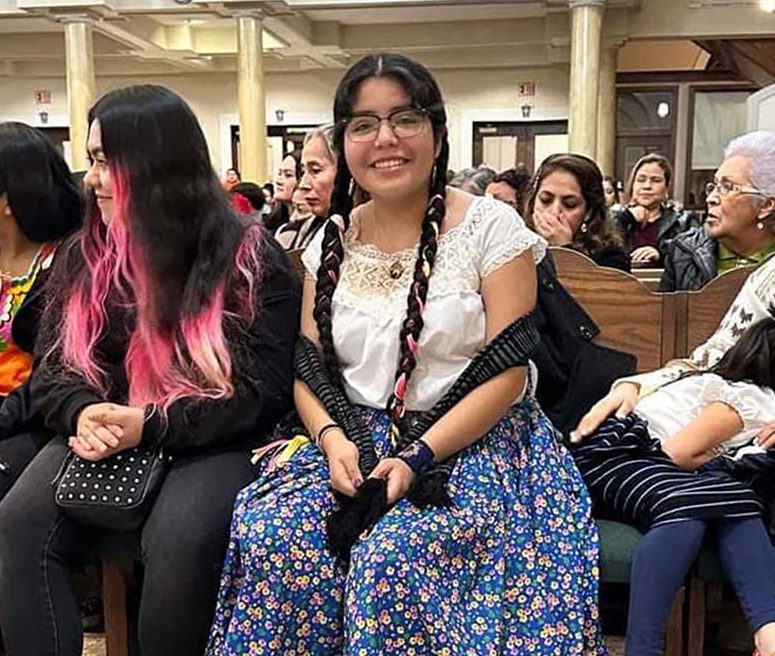

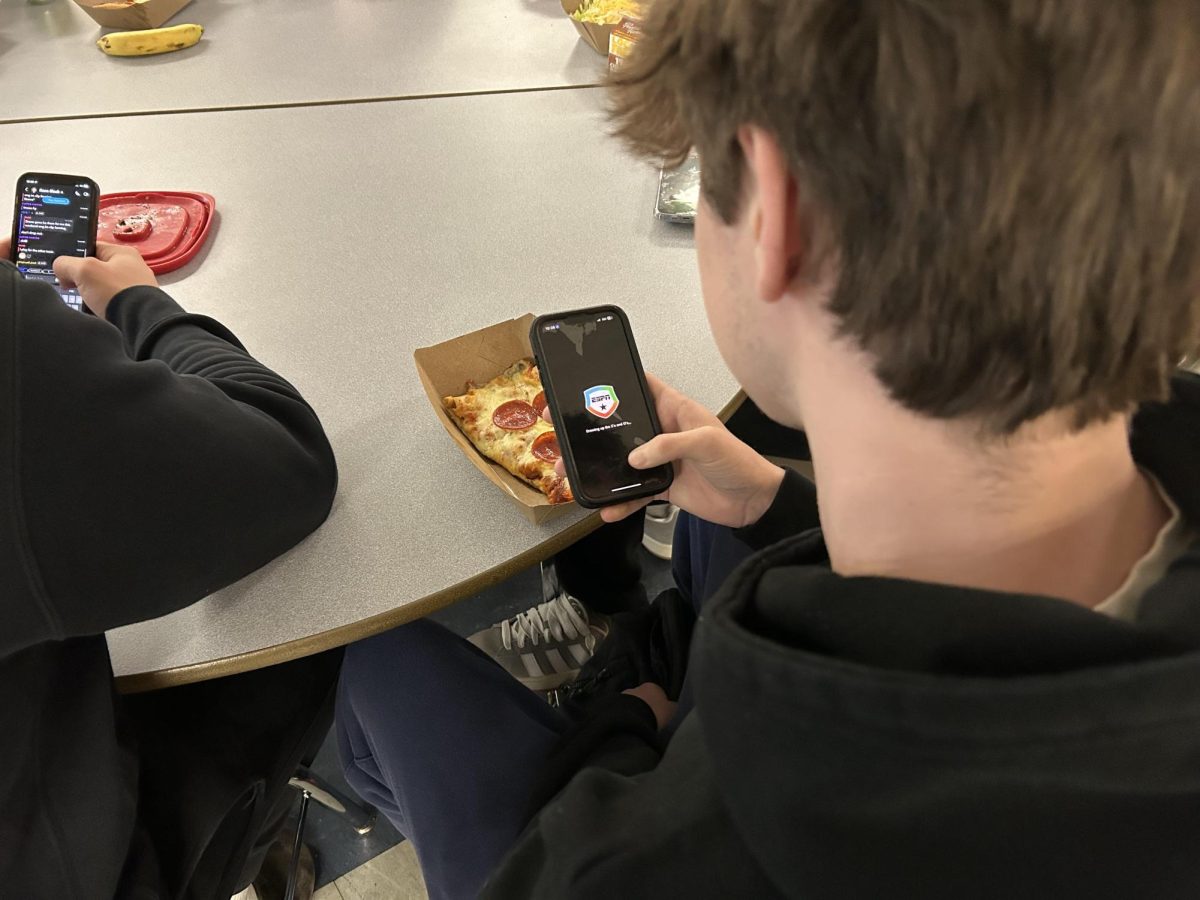

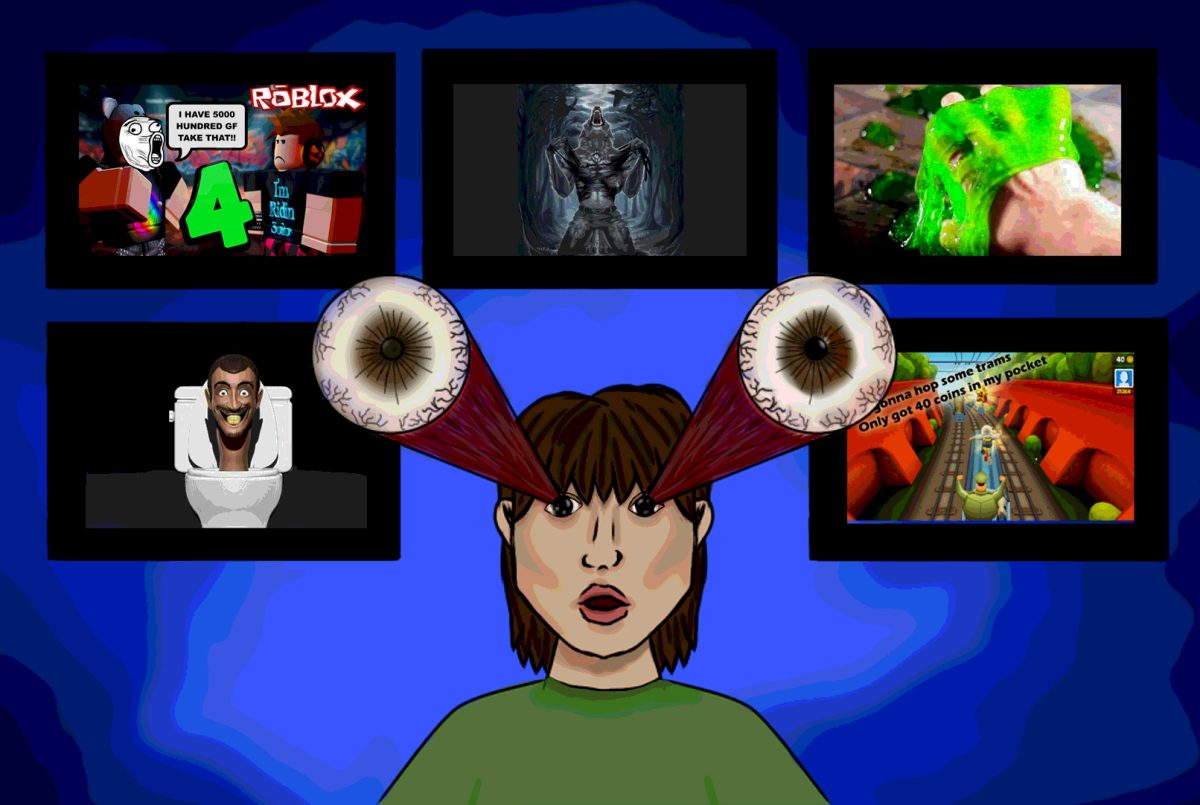


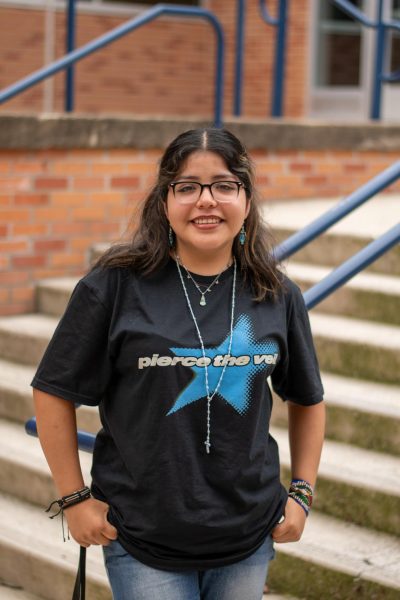
Nicholas Morales • Jun 7, 2024 at 8:57 am
This is a wonderful story. I feel like I understand my own ancestors’ experiences of emigrating here a little better for having read this, so thank you for writing it.
Edward Aguilar • Jun 4, 2024 at 9:04 am
Loved reading this article, it was super moving and I definitely related to this story in a lot of circumstances mentioned throughout this article: wonderful!